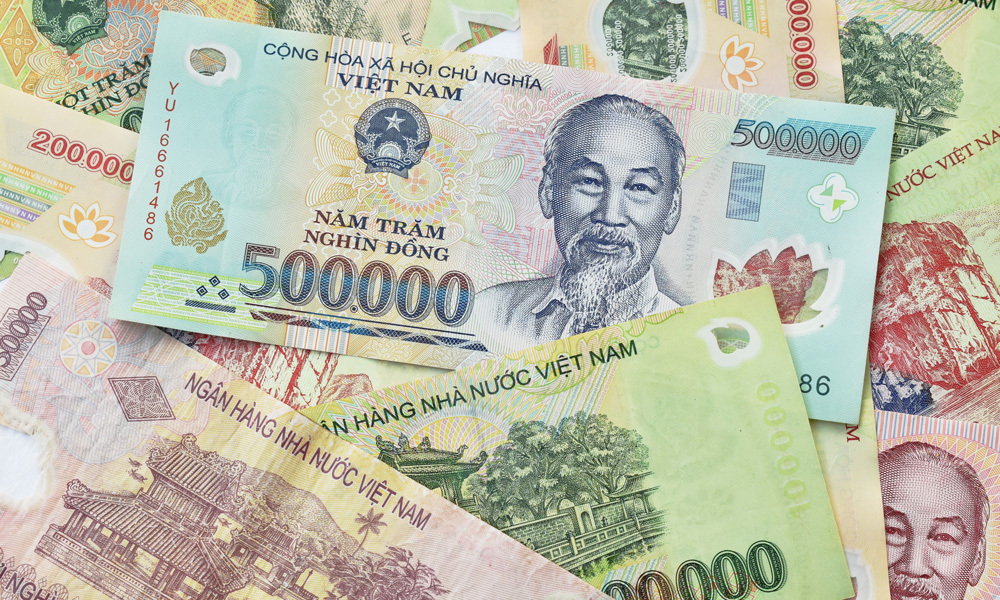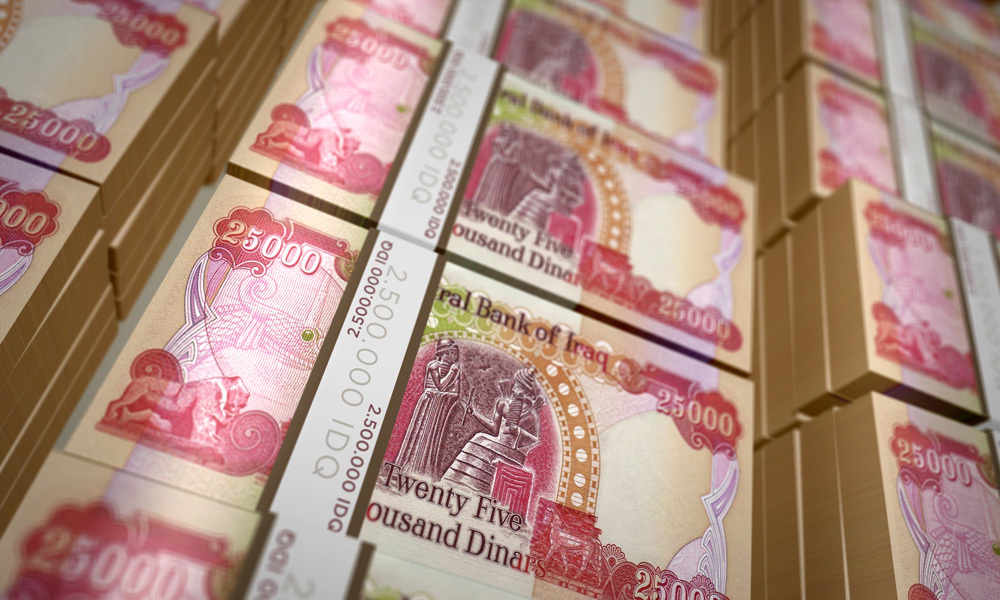There are dozens of reasons to start collecting coins and we presume you’ve come up with at least one of your own. (If you’re still on the fence, read this!) But collecting coins isn’t just a hobby, it’s a learning process, too. It has its own terminology, dozens of sub-specialties, and a universally accepted way of grading and valuing coins.
It also has rookie mistakes and other things you need to watch out for including misinformation and shady characters.
But none of these things should keep you from joining the millions who enjoy one of the world’s oldest and most respected hobbies. So join the fun and come on in; the water’s fine.
Here are some tips from the experts to get you headed in the right direction:
Learn the Lingo
Coin collecting (numismatics) has its own vocabulary, and as a budding numismatist, you need to know it. If words like incuse, obverse, and planchet have you scratching your head, a good place to start is with this coin term glossary from the U.S. Mint.
Know the Anatomy
Coins have multiple elements that describe their makeup. Knowing what they are will help you know what to look for and where to find it. Here’s a quick lesson.
Start Simple and Set Goals
There are dozens of coin categories and thousands of variations. To keep from being overwhelmed, start simple. Choose a type, time period, subject, or denomination that’s interesting to you and build your knowledge and collection from there. A few ideas include:
- Coins such as Roosevelt dimes, proof sets, Lincoln Wheat Pennies or state quarters
- Specific time periods like World War II, the Civil War, or Victorian England
- Specific types like proof sets, mint sets, commemoratives, or bullion coins
- Subject matter. Can include coin designers, presidents, or historical commemoratives
- Mint marks. Philadelphia, San Francisco and Denver are common, Dahlonega, New Orleans and Carson City are rarer since they were only open a few years.
- Error coins and misstrikes. These include die errors, double strikes, and overdates
- Personal milestones—birth dates, anniversaries, special occasions
Use your specialty to learn as much as you can about specific coins and set a goal. For example, it could be to collect Roosevelt dimes from each mint for every year of issue.
Buy the Best Quality You Can Afford and Upgrade Later
Other than precious metal content, coins are priced on two major factors—rarity and condition. Some coins that are very expensive in “mint condition” are quite affordable at lower grades. Get familiar with the Sheldon Coin Grading Scale before you buy and use it as a guide. You might want to fill out a collection with lower-graded coins to start and upgrade as your budget permits.
Learn the Various Buying Sources
You can get rolls of coins at face value from banks and join the ranks of roll collectors. Coin dealers buy and sell coins at shops, coin shows, and online. Fellow collectors are a good source of information about reliable dealers and are often traders and sellers themselves. You might find individual coins or coin collections at antique shops or yard and estate sales. The rarest (and most expensive) coins often turn up at auctions and coin shows.
Know the Right Ways to Store and Handle Collectible Coins
Mishandling can lower a coin’s value considerably. As your collection grows, you’ll want a way to keep it safe, organized, and easy to access. You’ll want some basic tools like a magnifier, cotton gloves, and coin holders along with envelopes, albums, and storage boxes that are safe for long-term storage of coins.
Make Friends
There’s strength in numbers and the world’s full of coin enthusiasts just like you. Get to know the people at your local coin shop. Join or start a collectors’ club. Your local shop may know of some, or you may find them through online meetups. Go to coin shows.
Chances are you’ll make plenty of new friends who can help you navigate the coin collecting universe and make the journey even more enjoyable.
Several organizations have online resources for learning more about collecting coins, too. They include:
- The United States Mint
- The American Numismatic Association
- The American Numismatic Society
- The Great American Coin Company (blog)
- Numismaster.com
Coin collecting is fascinating hobby that can be enjoyed by all ages and can provide a life-long source of pleasure and reward. Follow these suggestions and you’ll see what we mean. Welcome to the club!


